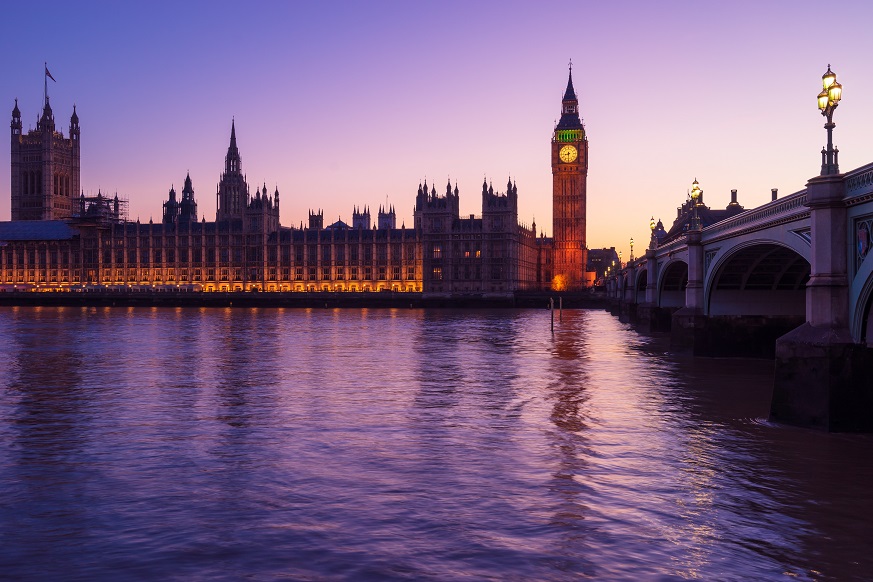The markets have been steady following the Chancellor’s Autumn Statement, which came as no great surprise in its bid to tighten belts and curb public debt.
The Pound did see a slight dip but has remained firm otherwise and that was more to do with what the Dollar was doing than the Pound itself.
The budget headline grabbers of the Autumn Statement were billions of pounds of extra spending on the NHS and schools but £55billion in tax increases or spending restraints.
The threshold for the top rate of income tax has been cut to £125,140, putting thousands of workers in the highest tax band.
The Income Tax personal allowance, higher rate threshold, main National Insurance thresholds and Inheritance Tax thresholds are frozen until April 2028. In effect this means millions will either start paying certain taxes or be dragged into higher bands.
Tax-free allowances on dividends and capital gains tax have been cut, with the dividend allowance going from £2,000 to £1,000 next year and £500 from April 2024.
The Annual Exempt Amount for capital gains tax will be cut to £6,000 next year and then to £3,000 from April 2024.
The Autumn Statement revealed windfall tax targeting the profits of energy companies is extended and electric vehicles will pay Motortax from 2025.
The Employers NICs threshold is frozen until 2028 but the employment allowance will be kept at its high level of £5,000.
The aim of all this in the Autumn Statement is to ease us through a ‘shallower’ recession, according to Mr Hunt.
There has been comment that ‘working middle class people are significantly subsidising those on benefits (so, disincentivising work over non-workers)’ and that this could cause something of a backlash but whether that is true… (it does appear to be so).
With soaring inflation, there is some good news for those on lower incomes – with significant increases in the Minimum Wage to boost incomes of workers in poorer areas such as North Devon more significantly than the richer areas.
The downside is that small businesses employing people will find the large rise a significant increase in their costs too and costs they may not be able to pass-on.
Believe it or not, we now have the highest tax burden since World War Two!
As individuals we can only look to our own finances and conduct our own belt tightening, if we must. Consider your income and outgoings, scrutinise your mortgage deals (if you have one) and, if you need to be careful with money, consider what you need rather than what you want.
If you have money to invest or an inheritance pending perhaps, there are several better options than leaving it to ‘rot’ in a savings account, especially as inflation is more than double the rate of interest, so your pound is worth a lot less.
If you’d like advice on this and an initial free consultation, you know where we are!





